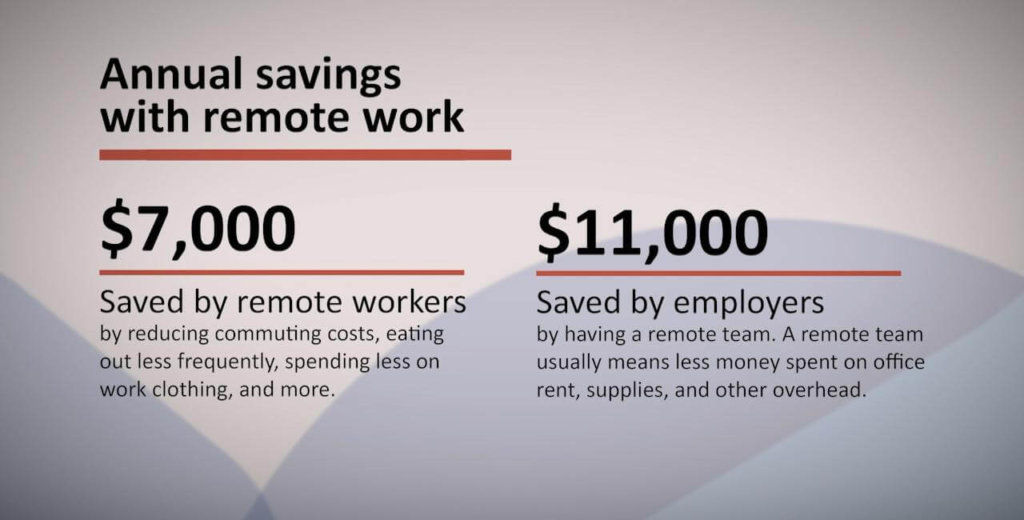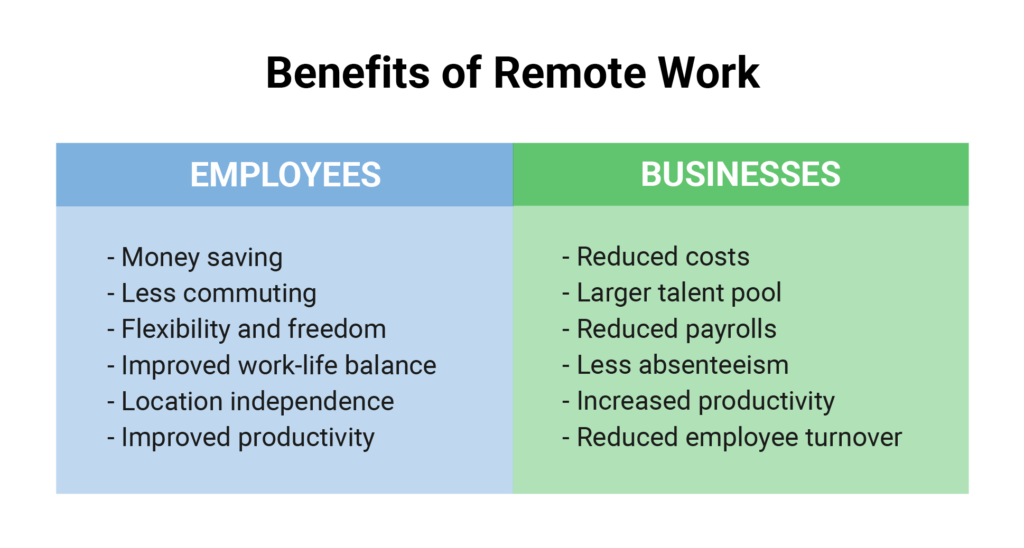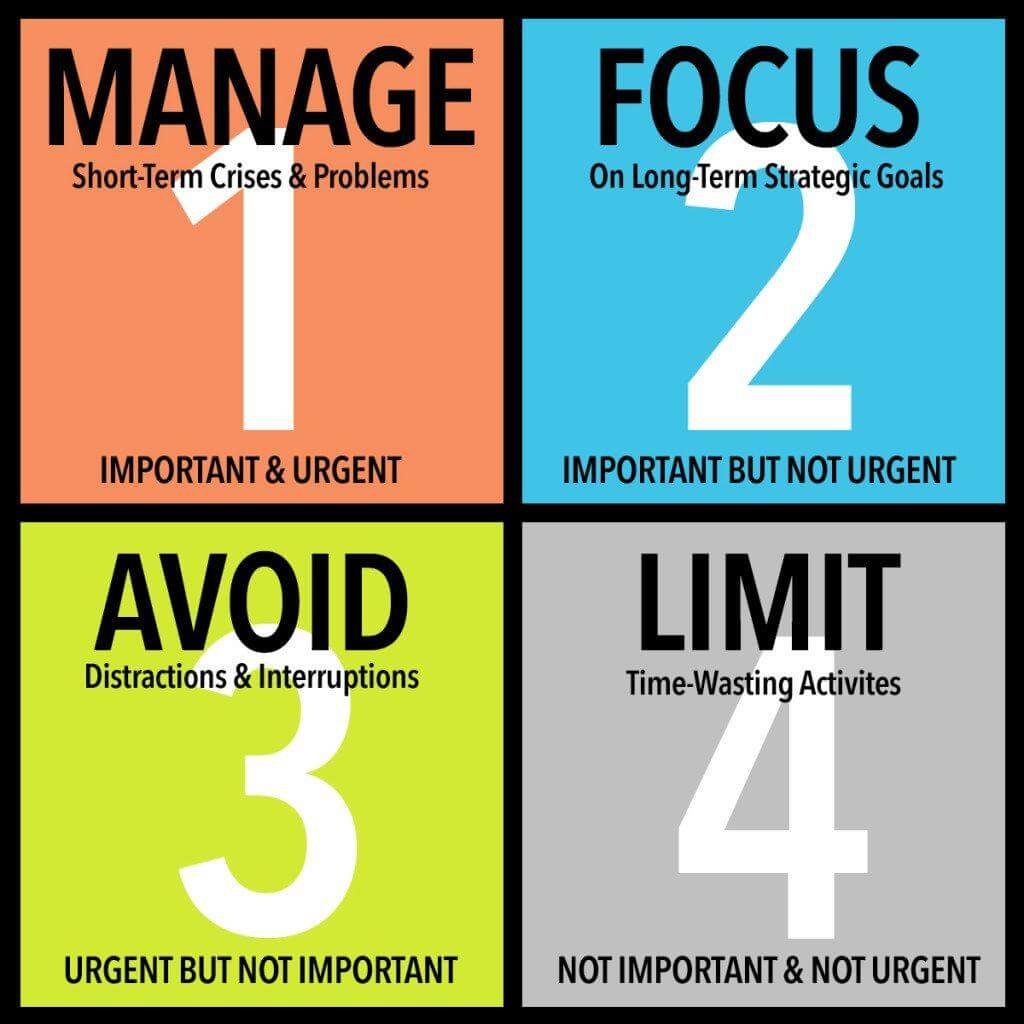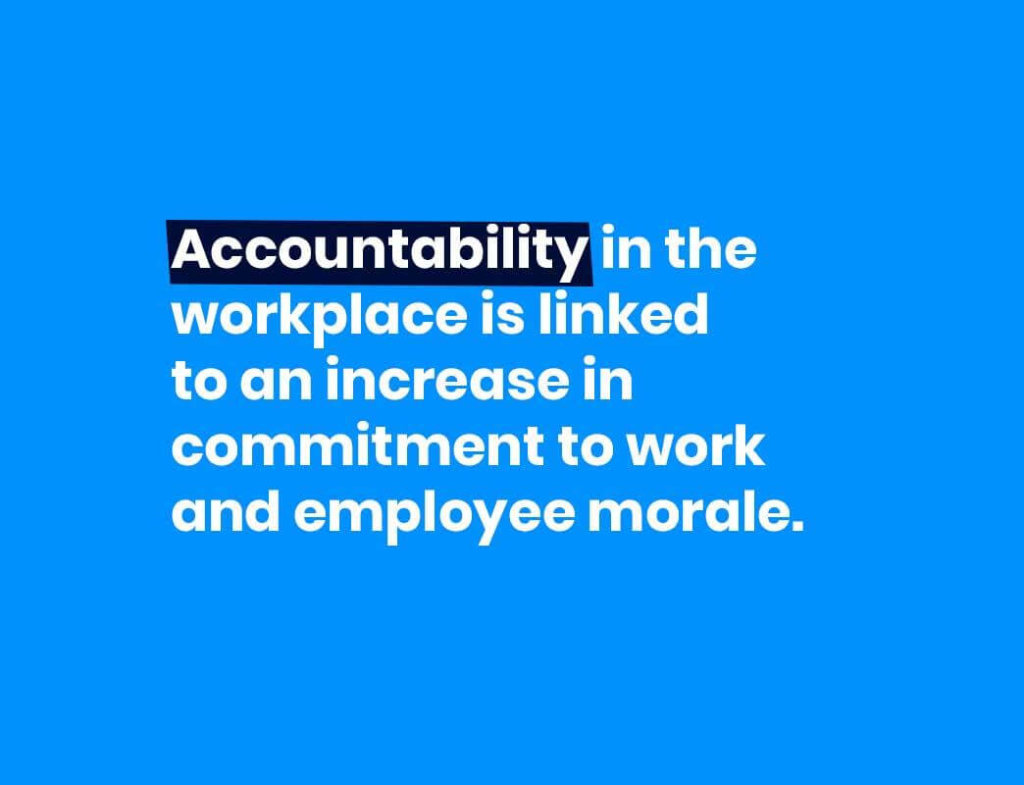The Qualities of a Successful Remote Employee

Remote work, that little accommodation everyone is after right now and for a good reason, is becoming increasingly popular. Nowadays, companies are more than ever exploring remote work options due to the financial, environmental, and health benefits of remote work. Remote work is here to stay, and remote workers need the right skills to succeed.
But, what makes a remote worker successful? Is it the ability to work independently? Being able to stay organized and on task? Or is it something else entirely? This blog post will explore 10 qualities that all successful remote workers share. If you want to be a successful remote employee, these are the traits you need to develop! Stay tuned.

Most could think remote work is simple, you only need a stable internet connection and a laptop, right? Wrong! To be a successful remote worker, you need more than that. In fact, not everyone can be a remote worker, and not every job position can be done from home. For example, Elon Musk is one of those who adamantly believe work has to be done in the office.
Still, some business leaders are still working from home. The Marcum/Hofstra survey of 254 CEOs discovered that almost half (48%) returned to the office for five days a week, and the other 41% worked remotely from one to four days per week. An impressive 10% reported that they chose full-time remote work setups. Evidently, businesses are recognizing the importance of maintaining flexibility in their operations as they transition back into pre-pandemic times.
Remote Work Benefits
Why do business leaders still hold on to remote work? The answer is simple: the benefits of remote work can’t be ignored. For instance, remote workers don’t have to commute, which saves time and money. They also experience a better work-life balance, as sometimes it’s hard to separate personal from professional life when working from home – that makes them more productive and engaged in their job roles.
Lower Operating Costs
Another benefit of remote work is that businesses don’t need to pay for office space, equipment, and other related costs. This can result in a significant reduction of operational costs that can then go into funding more projects or recruiting new talent. Remote workers also tend to stay with their companies longer, which not only reduces recruitment costs but also improves employee loyalty.
Per Global Workplace Analytics, companies can save up to a staggering $11,000 annually for each employee who works remotely two or three days per week.

Innovation
Unexpectedly, remote work can also bring more innovation to a company’s operations. With fewer people in the same room, there’s more space for creativity and problem-solving. Also, remote workers can access a wider talent pool when looking for skilled professionals – they don’t have to be limited by geographical boundaries.
Innovation in remote work allows companies to think outside of the box and leverage technology to continue business as usual in a virtual environment. Without innovation in remote work, it would be difficult for businesses to stay afloat during these times.
Time Saving
Time-saving is one of the most valuable benefits of remote work. Without a commute and an on-site office, employers and employees can save time that would have been spent traveling or working in an office.
This time can be used for other activities such as taking breaks between tasks or providing more comprehensive customer service by escalating tickets quickly and efficiently. Time saved in this way adds productivity to any business, which is essential to long-term success. The cost savings in terms of time and money make remote work an invaluable asset for companies and individuals alike.

Ultimately, all of these factors make remote workers invaluable to companies. But as much as businesses reap the benefits, employees themselves must possess certain skills and qualities to be successful in a remote work setting. Let’s dive into the skills you need to be successful as a remote employee!
Skills can vary from hard to soft skills, and analytical to communication-based skills. Let’s breakdown a great combination of both hard and soft skills that all successful remote workers need:
1. Self-Discipline
Remote work is a great opportunity to hone self-discipline; however, self-discipline is a prerequisite for successful remote work. A lack of self-discipline can lead to inefficient use of time, distraction, procrastination, and inevitably poor performance in the long run.

With self-discipline comes an increased level of self-motivation, through goal-setting and self-monitoring. Tasks that are eliminated when working in an office such as commuting or other distractions, must be replaced throughout the day with self-driven motivation and focus on tasks.
Moreover, self-discipline also extends towards self-care resourcing like getting some exercise or getting enough sleep at night to maintain a healthy work-life balance. Becoming self-disciplined in remote work will allow you to build structure, manage stress, and develop better working habits that can result in greater job satisfaction.
2. Tech-Savviness
Tech-savvy employees can provide innovative, efficient solutions to a wide range of problems posed by remote work. They possess an acute understanding of technology that can be used to create integrated systems and processes, giving their employers the capacity to remain competitive.
In 10 years, 9 out of 10 jobs will require digital skills, especially remote positions
Tech-savvy professionals understand how different pieces of software can work together, both within and outside of organizational networks, giving unparalleled access and insight into digital operations. This allows organizations to gain new insights into data previously buried in databases or otherwise limited in access by utilizing their knowledge of technologies such as machine learning and artificial intelligence.
Digital skills have become so relevant in today’s world that back in 2020, Microsoft launched an initiative aimed at bringing more digital skills to 25 million people worldwide.

Tech-savvy professionals provide an invaluable role in any organization operating at least partially remotely, bringing cutting-edge functionality from anywhere in the world.
3. Accountability
When team members are physically located in different places, each individual must take ownership of their responsibilities, track their progress, and meet deadlines. Accountability helps remote teams stay organized and productive. It ensures that each team member understands what tasks need to be completed and by when.

Accountability enables effective communication and collaboration among team members even if they are located in different places by providing structure to the working relationship while promoting trust within the team.
Using employee management software like Monitask helps to hold everyone accountable for their work
Accountability also helps project managers assess each employee’s performance individually and as a group, allowing them to make adjustments accordingly so that projects can be finished on time and with excellence.
4. Communication Skills
Communication is the foundation by which many remote teams manage their operations as well as collaborate. The lack of physical presence means that issues and tasks can only be managed via effective communication methods, thus making communication skills essential for any remote worker.
As revealed in Buffer’s 2021 survey, 41% of respondents remarked that collaboration and communication have experienced the most remarkable transformation since shifting to remote work. It is not surprising: all conversations had been transferred online rather than depending on face-to-face encounters.

Communication must work both ways, which makes it very important for everyone to speak openly without judgment, while also listening to each other to ensure that constructive criticism, as well as innovative ideas, are discussed.
On the other hand, remote employees must be online and reply to the messages in the agreed schedule. Platforms such as Slack and Microsoft Teams are used to streamline conversations, coordinate and organize virtual meetings, or even better, video calls. Communication strategies should be aligned with the goals of a team or project, allowing everyone to understand the objectives at play clearly.
5. Organization & Time Management
An effective organization plan allows you to streamline daily tasks, making it easier to manage multiple projects at once. Taking the time to put together a content calendar, prioritize tasks, and maintain an organized workflow can ensure that deadlines are met while minimizing stress.
Time blocking is a great way to keep yourself in check and productive
It is also important to create a consistent schedule for yourself so that you remain productive throughout the day. When working from home, setting aside dedicated blocks of time for different items on your agenda will help maintain focus and team collaboration with coworkers and customers alike.
With effective organization & time management in remote work, you can better manage your time and get more done without sacrificing quality or valuable relationships.
6. Adaptability
With increased flexibility, remote work has not only revolutionized the traditional workspace but also created a unique opportunity for employees to maintain an effective workflow from any location.

Adaptability is a critical attribute for employees to possess as they adjust to new types of technology, unfamiliar procedures and processes, and collaborative dynamics with dispersed colleagues. Adapting quickly and successfully allows employees to find balance and cultivate successful collaboration without traditional office boundaries.
Adaptability, therefore, enables the possibility of a more equitable remote experience—making it an important skill for anyone who chooses to embrace the changing landscape of work today.
7. Problem-Solving
Problem-solving comes hand in hand with adaptability as it allows us to quickly respond to challenges and take advantage of opportunities, providing remote workers with the ability to identify and analyze elements of a problem, generate potential solutions and solutions, determine which solutions are best suited to the problem, and subsequently implement the solution over communication platforms.

Problem-solving also provides strong foundations for developing proactive strategies for additional issues that may arise in the course of remote work. Problem-solving is an essential skill in any profession as it enables individuals to think critically, weigh alternatives, and make decisions quickly that promote efficiencies in completing tasks and achieving desired outcomes.
8. Leadership
Leadership is a pivotal factor for success in the remote work environment. With teams working virtually, leaders play an important role in providing guidance, offering support, and creating synergy among team members. Leaders can keep teams focused on projects and motivated to produce the best results possible.
Leadership in this new way of working encourages collaboration, problem-solving, and continuous learning with teams that may not all be under one roof. By operating from this type of leadership mentality, remote organizations are more likely to achieve greater outcomes quickly while further developing trust and cohesion amongst team members.
9. Collaboration
Collaboration is essential for remote work to be successful and goes in hand with communication. However, working with colleagues or clients online can pose challenges since communication often relies solely upon digital technology.
Collaborative methods need to be established that allow team members to readily voice opinions and ideas and easily share resources, tasks, and information virtually.
Collaboration allows remote teams to effectively bridge distances, reduce miscommunications and achieve objectives together
Collaboration is a key factor in generating creative solutions and setting achievable goals in any working environment, but this is especially true for teams functioning remotely.
10. Passion for the Company Culture
Passion for the company culture is particularly important in remote work, as it provides a framework of shared values and common goals. Passion helps to unify employees who may be located across countries or time zones, creating cohesion among workers that may never meet in person.

Without passion for the company culture, employees often feel isolated and disconnected from the team and their mission. Passion encourages collaboration, innovation, and more effective communication among remote teams.
With a strong passion for the company culture, remote working can be a powerful tool to increase productivity and ensure that every team member feels like they are part of something larger than themselves.
Takeaway
Overall, the key components that make remote work successful are adaptability, problem-solving, leadership, collaboration, and a passion for the company culture. Together they provide an effective framework to ensure that your remote workers feel connected and supported while staying productive in their roles.
These are just some of the factors that can contribute to an effective remote working experience, but there is much more that goes into creating a successful strategy for your organization. With the right technology, processes, and dedicated employees who understand the importance of these core elements, remote work can become an effective, sustainable part of your work culture.
-The Monitask Team


